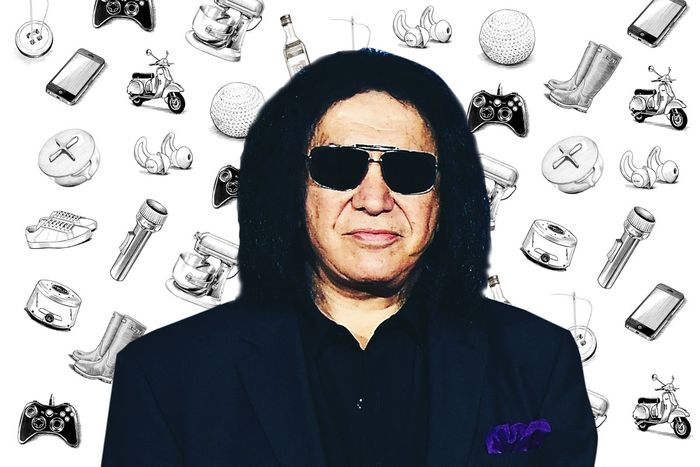
I was blessed with a very long appendage. You can’t buy a tongue like this. There used to be this myth that I had surgically implanted a cow’s tongue in my mouth. That was crazy. I just have a really long goddamned tongue, and that’s all there is to it. And since I am very blessed, I really like to keep it clean. All of us worry about bad breath, but a little known fact is all the mouthwash you use and all the other stuff, like flossing and whatever, is not going to improve your breath — at least not for the long haul. This tongue cleaner has a famous steel curve, which removes bacteria and plaque — that’s really what causes the bad breath. It’s best to clean it in the morning because when you’re asleep, bacteria has a chance to grow in your mouth for as many hours as you sleep. When we’re awake, we’re constantly drinking and eating, so all that activity kind of swishes bacteria around. But at night, your tongue stays inactive in your mouth, so the bacteria really thrives — that’s when you get what we used to call dragon breath. So if you clean your tongue with this, all of a sudden your breath will smell okay.
I also go through a lot of mouthwash, and I really like this cool mint flavor. I have a big fat mouth, so a lot fits in there — I go through about a bottle a month. I try to brush all the stuff out of my teeth, but a lot of the time I really need mouthwash to get it all out. Most people gargle deep, and that’s okay — it helps get whatever’s down there close to your throat — but you should also swish it around. Thirty seconds is a pretty good amount of time for that — it really gets it all. It’s important that I use mouthwash when I get off stage, because I spit blood and fire.

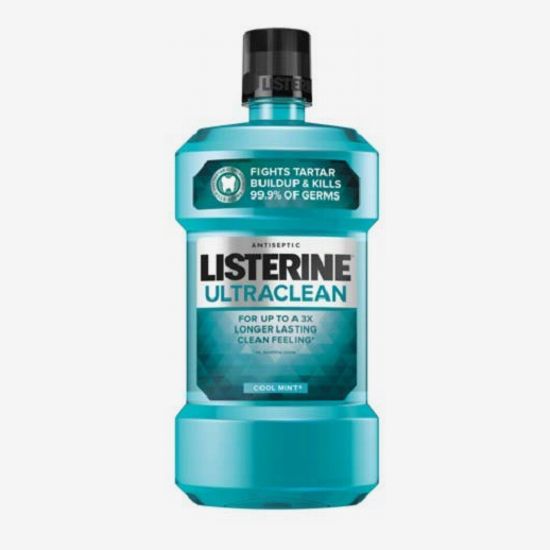
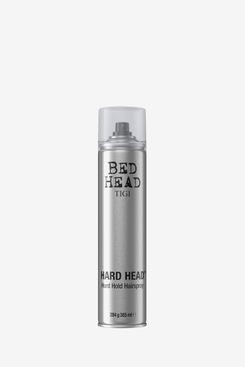

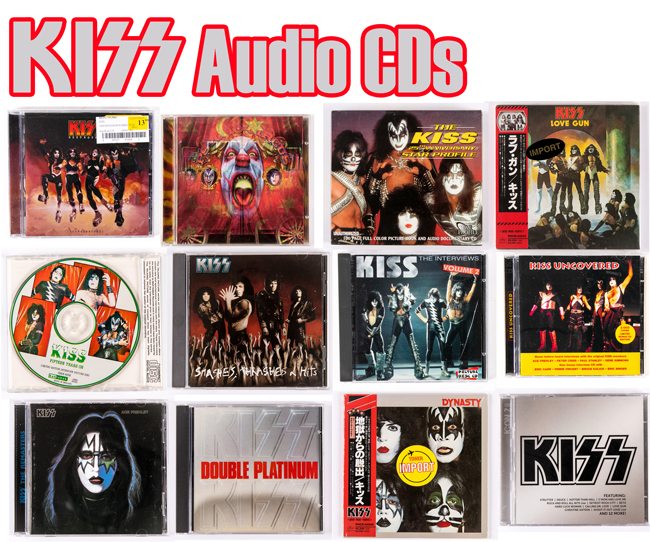
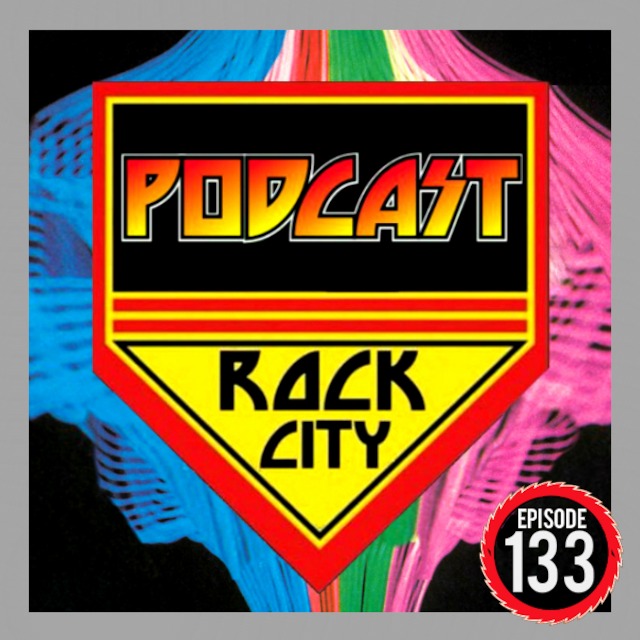 Joe
Joe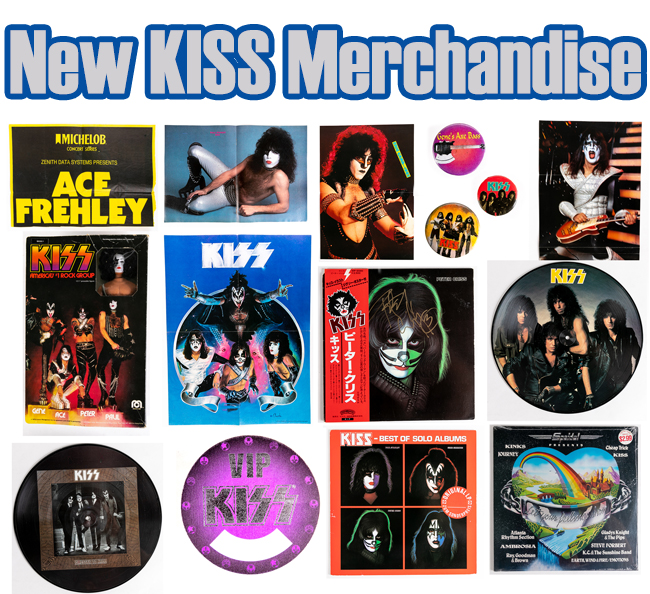
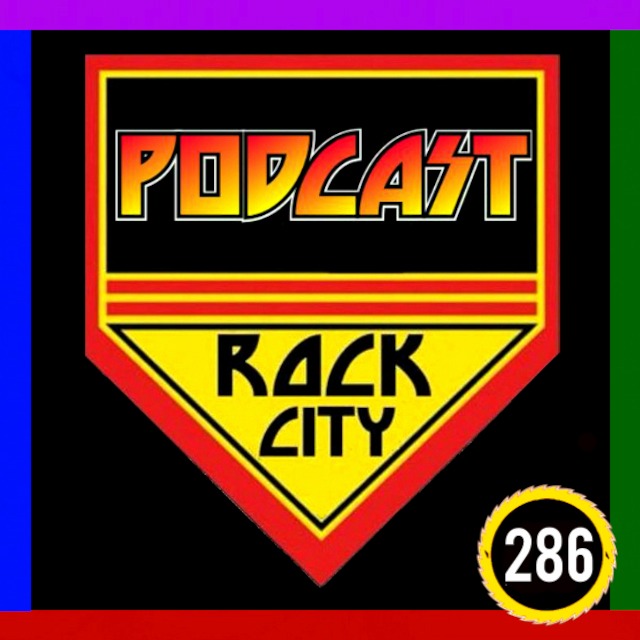 Joe
Joe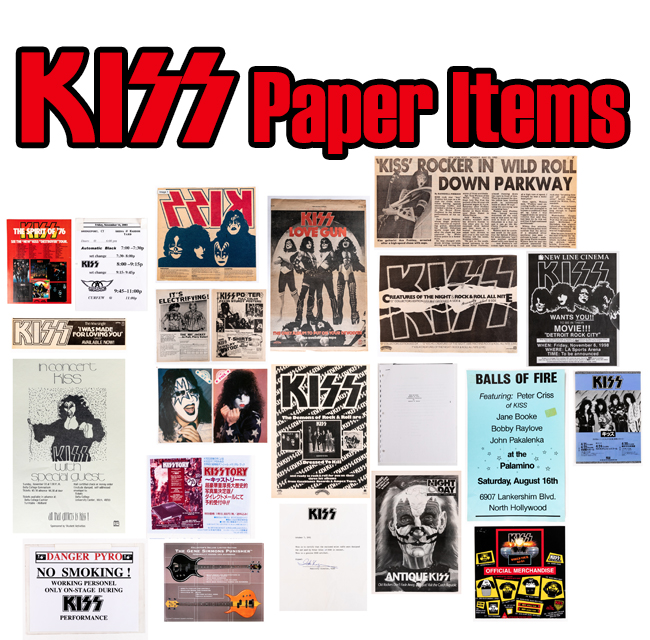
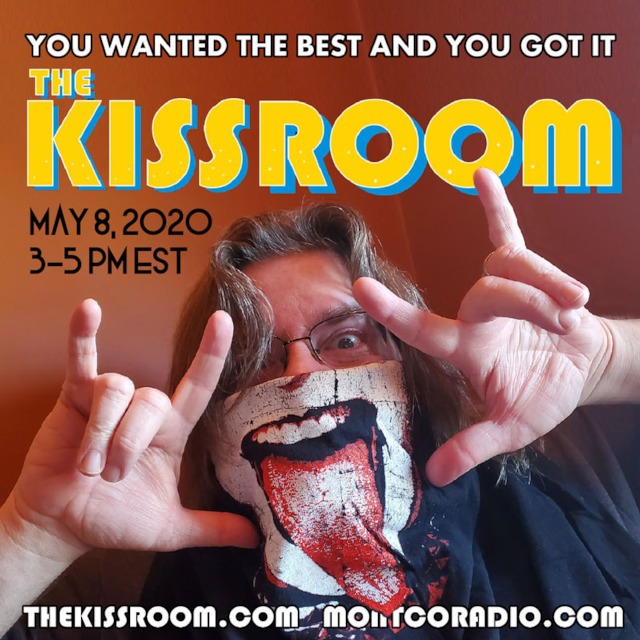

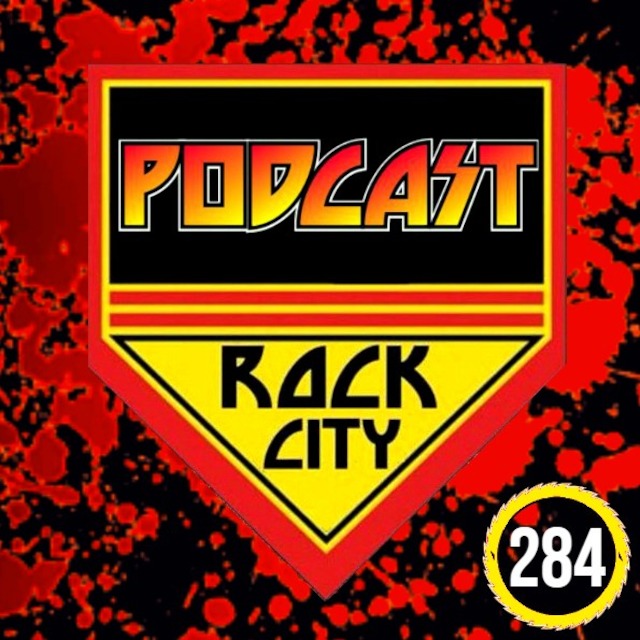 Joe
Joe
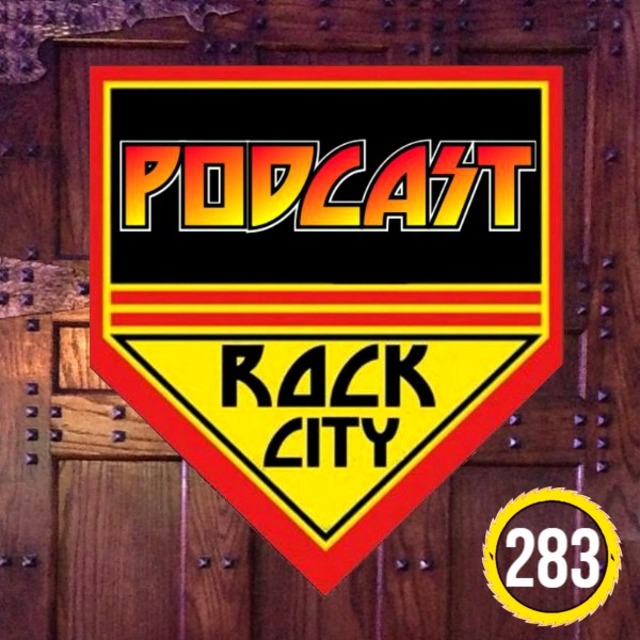 Joe
Joe